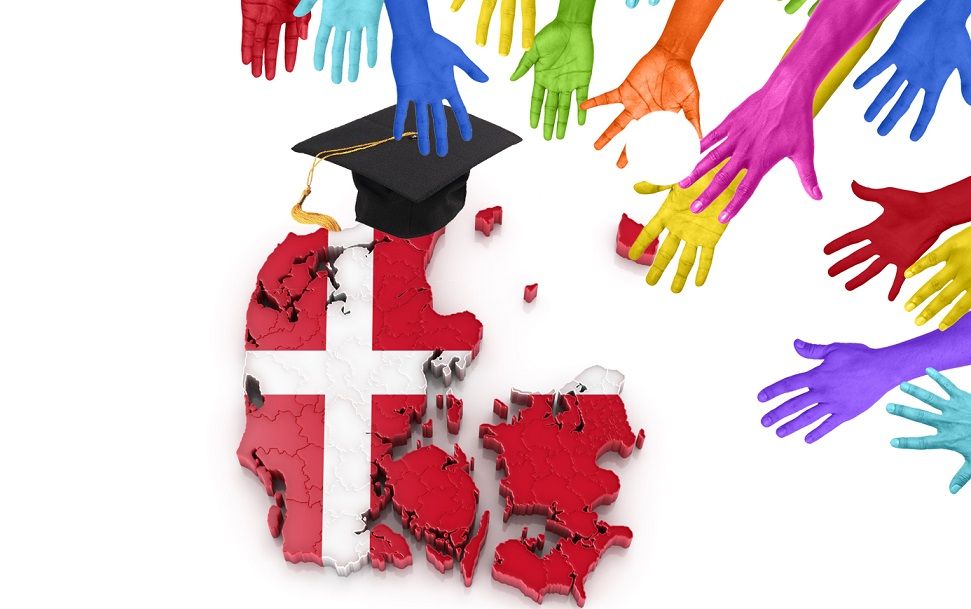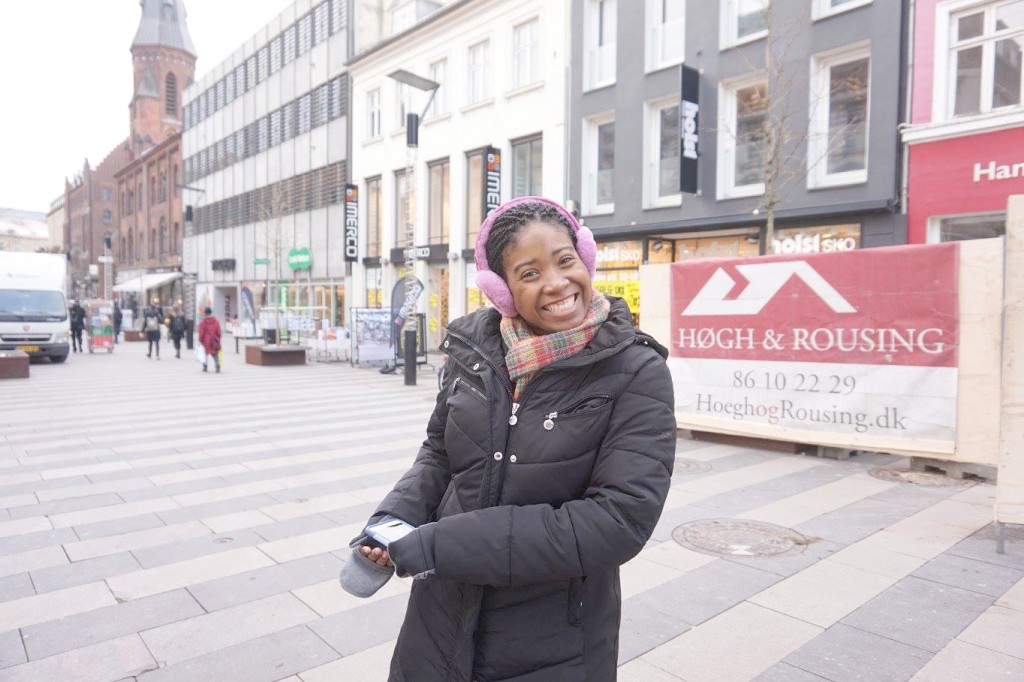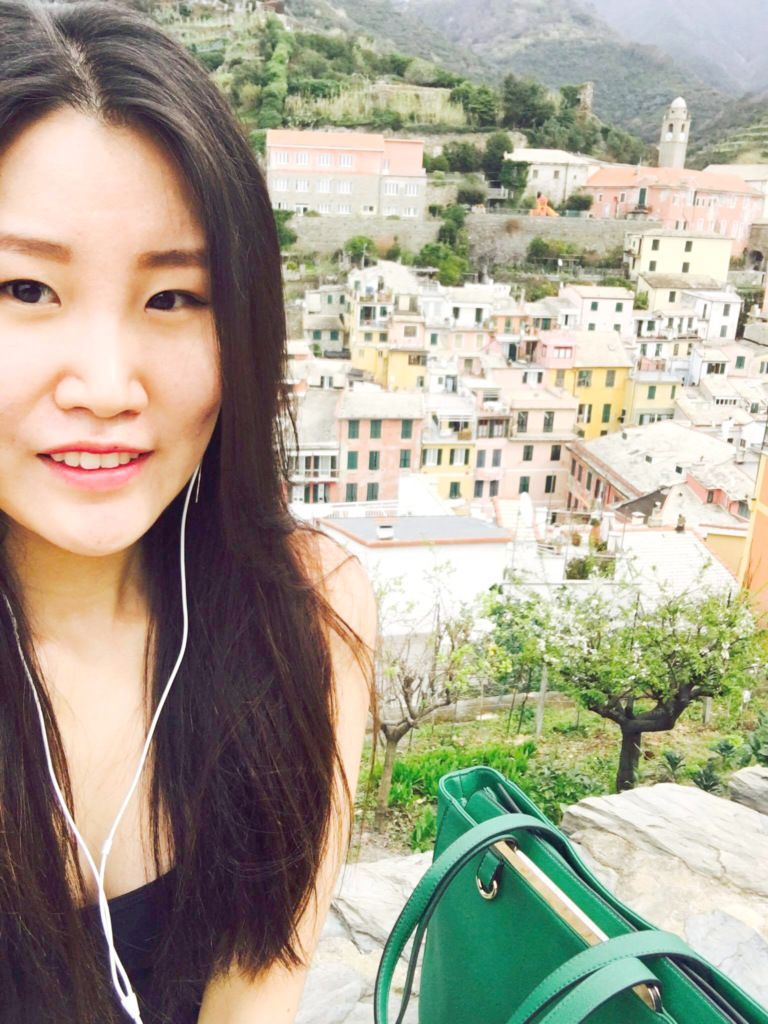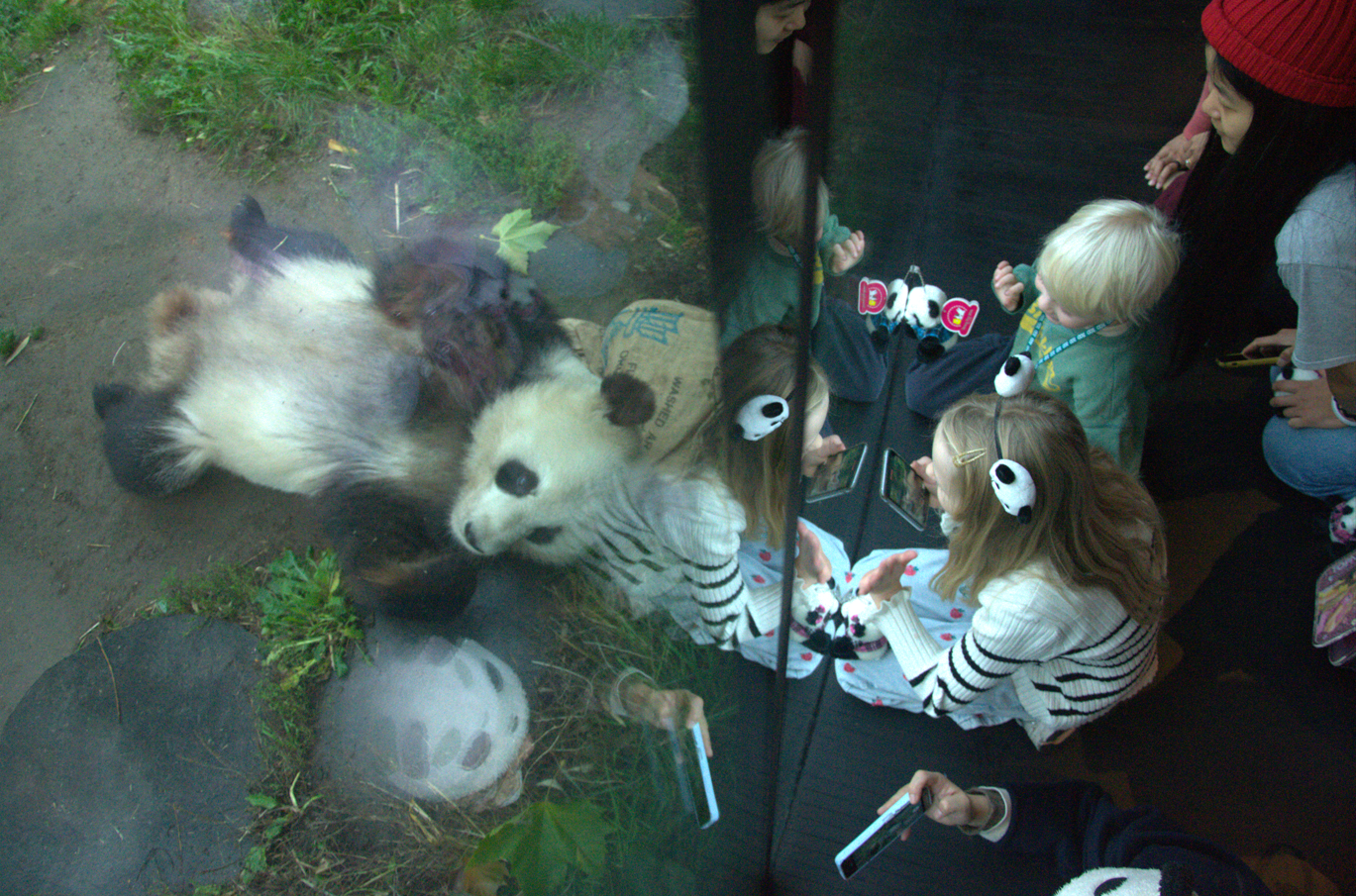Another year is coming to a close for Denmark’s university students, but for many exchange and international students, it is not just the end of a semester, but the final chapter of their memorable time abroad.
Few are likely to forget their time in the happiest nation in the world and Denmark has been attracting more international attention and curiosity in recent years.
We decided to take a moment to hear what some students had to say about their stay in Denmark, and to see the country through their eyes.
Emily Heyward
Nationality: New Zealander
Studies: Corporate Communication at Danish School of Media and Journalism in Copenhagen
Why did you come to Denmark?
I received a scholarship to study in Copenhagen for a semester. My decision was also influenced greatly by the open-minded and accepting culture that exists in Denmark in regards to the LGBT community. I was in the process of coming out and was seeking a place to escape to so the combination of these factors impacted my decision to come to Denmark.
What were your expectations of Denmark and how were they met?
I thought Danes would be friendlier based upon the ‘happiest nation in the world’ notion. However I have discovered that the Danes are reasonably reserved so making Danish friends has been more difficult than I had previously imagined.
What about Denmark has surprised you?
I can’t quite get over how it is completely normal to have a beer at lunch time and how everyone goes to parks and cemeteries to drink. Yet despite the excessive drinking and smoking, people seem to be super healthy and fit. I was initially surprised at the number of people cycling and running around in tight lycra, even in the depressing winter months. That’s another thing, the grey clouds seemed like that were never going to dissipate – it must be their Viking history giving them the strength to endure the long winters. I’m not sure how else they can get through it year after year. I didn’t expect it to be gloomy every single day. However, it feels like a whole new city during the spring and summer months – something that I am loving!
David Schweiger
Nationality: German
Studies: Global Development at the University of Copenhagen
I heard you are studying Danish?
Danes speak perfect English. Initially, it didn’t seem too appealing to learn Danish except for the purpose of integration into the culture and country, and for the purpose of developing a sense of belonging to something that extends beyond a handful of human relations. In fact, it’s obviously useful and I guess at some point inevitable.
What have you noticed about Danish culture after being able to speak the language?
Danes, when you come from the US or the UK, may seem decidedly less formally polite – there are fewer expressions for ‘please’ – so when Danes ask for something, they say ‘can I have this? Thanks’. To the non-Dane, including me, it sometimes seems rude. And yet they are not unfriendly or impolite people.
Any interesting differences you have noticed in Denmark compared to Germany?
One important difference for me would be interactions with public officials. My experience with public officials, not including the police, in Germany has been 85 – 90 percent negative, but in Denmark that has not been the case. Overwhelmingly, I have been met with friendly faces, postive attitudes and good experiences overall.
Where is home for you?
It took me a long time to get used to Copenhagen, especially since I came from a life-changing experience in London. But once I settled in, I really started to appreciate it. I love how easy it is to cycle everywhere. I feel at home here now. I didn’t know I would like Copenhagen this much before I arrived and Copenhagen has, in a way, replaced the feeling I had for London.
Jocelyn Porter
Nationality: American
Studies: TV Journalism and Foreign reporting at the Danish School of Media and Journalism in Aarhus
What did you know about Denmark before arriving and how were those expectations met?
I didn’t really know a lot about Denmark. I heard that it was pretty cold.
What are the interesting differences you have noticed between the US and Denmark?
In Denmark a lot of people bike, in all types of weather, whereas at home people are more prone to drive or take public transportation. A lot of the people I have met here don’t even have cars, which is so bizarre to me.
Have you endured any culture shocks?
One of my friends pointed out to that Danes tend to be very reserved. At the introduction meeting for Danish lessons the lady said Danes are like coconuts that are difficult to crack. I went to a football game that had a concert at the beginning, and none of the people sang or clapped although the singer was trying to get them to participate. At home people dance, sing and clap. at concerts or whenever music comes on, but here they don’t.
What will you miss when you go home?
Cinnamon snail pastries. Definitely. I have fallen in love with them and don’t know what I will do when I have to go back to the regular cinnamon rolls at home. I really like this country and Aarhus is a great city to live in. I wouldn’t trade these past five months for anything and I will probably come back to Denmark in the future. I will also miss their obsession with pizza. There is a local pizza joint on every corner. At home we have more chains, but I love how it is here.
Manabu Masuda
Nationality: Japanese
Studies: Dentistry at Aarhus University
What led you to come to Denmark to study?
I do research in Orofacial pain and Denmark is advanced in this field, so coming here to study was a good fit.
What is the most interesting aspect of Danish society?
I feel Danes are very humane. They are willing to go to great lengths to help others and they are happy to do so. In Japan, people are ‘too busy’, and overwhelmed by what they are expected to do. They don’t have the time to help others. Danes seem to have more room in their minds to help others. Compared to Danes, the Japanese tend to be told what one shouldn’t do instead of being praised about what they could do. It is not always negative, but it gradually discourages people from having space in their minds for others.
Your research involves work, how does the work culture here differ from Japan?
What surprised me at work is that people go home at five. I think Danes consider time with family very important. As a human and a family man, I think it is so important. However, when it comes to the amount of work, maybe Japanese do more. Of course it depends on the person, but actually I think the Japanese have too much on their plate.
How was the experience overall?
I would say my decision to come to Denmark was the best choice I have made in my life. I can say that this year in Denmark has changed how I think and helped me grow as an individual.
Yeeun Park
Nationality: South Korean
Studies: Teaching Education at University College Capital in Copenhagen
What is the story behind your decision to come to Denmark?
If I had followed my plan, I would have been a teacher by now, but I felt I wasn’t quite ready. Since north Europe’s education system is considered advanced, I had a high expectations. I was also curious about Denmark because it is often referred to as the happiest nation. There are a lot of reasons that make it difficult for South Korean students to be happy, but the reality is that I could see that the Danish educational system has its own problems.
What is interesting about the Danish education system?
The respect teachers and students have for each other and classes being conducted on the basis that students and teachers are on the same level. It made me feel that teachers have a great trust in students. Students are also not afraid to ask questions.
What are strengths and weakness of the Danish education system?
Freedom is the Danish education’s greatest strength but simultaneously also its weakness. For instance, students have the right to choose whether to attend the class or not. In South Korea, a phone call would be made to check, but in Denmark, classes begin before it is checked who is present. Also, some classes in Danish schools are conducted via iPad and ThinkPad, but control over their use was not always well regulated, so they were often used for other purposes. Some teachers were afraid of students disliking them and others argued it was the students’ choice, so they did nothing about it. Of course students’ choices are important but I believe teachers also have a responsibility.
What can South Korea learn from the Danish education system?
I feel Danish students think deeply. This is because they are used to sharing and expressing their own opinions, compared to the more indoctrination-based style of education in South Korea. I envy this aspect of the Danish system. I believe helping students to think on their own is more useful in current society. Knowledge is already on the internet. The ability to think is unique to humans and not something that can be replaced or simulated.
Farah Hany Tawfeek
Nationality: Egyptian
Studies: TV journalism and Foreign reporting at the Danish School of Media and Journalism in Aarhus
Some people say that Danes are not as friendly as they had imagined, but you say you like that?
Everyone is really friendly in Egypt but when you live there, you will realise sometimes that it can be suffocating and a little too much. So I enjoy the private space people give each other here. Danes are very helpful but you have to ask for help, they don’t approach you which I find rather comforting.
What do you like about Denmark?
I enjoy the nature here because Egypt has a desert climate. I really like how the lifestyle here is generally less stressful.
How do you feel wrapping up your semester here?
I don’t want to go home. I am excited to finish my university work and enjoy my vacation but I want to spend it in Denmark. I feel like I belong here, that I fit nicely with the system and even the culture, even though I don’t drink.
How has Denmark changed you?
Denmark is where I realised my true potential – that I am capable of taking care of myself and living alone. In Egypt, you never get the experience of living alone because it is something society frowns upon, but Denmark has provided me with that opportunity.






















